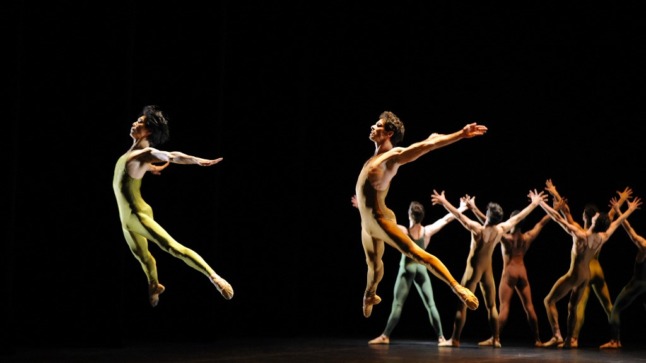The figure is the result of an analysis carried out by research company Wilke, avisen.dk reports.
In the survey, one in four respondents said that they take painkilling medicine at least once a week to help them cope with their job, while one in seven said they use painkillers daily.
People who work in manual jobs deal with the most pain at work, consultant doctor and professor at the occupational health clinic in Herning Johan Hviid Andersen told avisen.dk.
“One of the things we are seeing is more and more labourers suffering with pain when they go to work, and some who are very afraid their bodies are going to give way before they are able to retire,” Andersen said.
One in five people aged between 50 and 59 said in the survey that they take painkillers daily.
That is twice the level of the 40-49 age group.
Building industry interest organisation Dansk Byggeri said it was taking the issue of pain at work seriously.
“There is a tendency for us to experience more pain in our bodies when we get older and it’s important to ensure that working doesn’t make this worse,” the organisations head of working environments Mette Møller Nielsen told avisen.dk.
Dansk Byggeri advises construction companies and their employees on how to use new technology to assist with heavy lifting and potentially injury-causing physical motions.
But construction workers are not the only ones to suffer pain at work, Andersen said.
People working in the health care sector including nurses and in cleaning jobs are regular patients at occupational health clinics in Denmark, he said.
READ ALSO: Stress: one in ten people at work in Denmark on medication, says report



 Please whitelist us to continue reading.
Please whitelist us to continue reading.